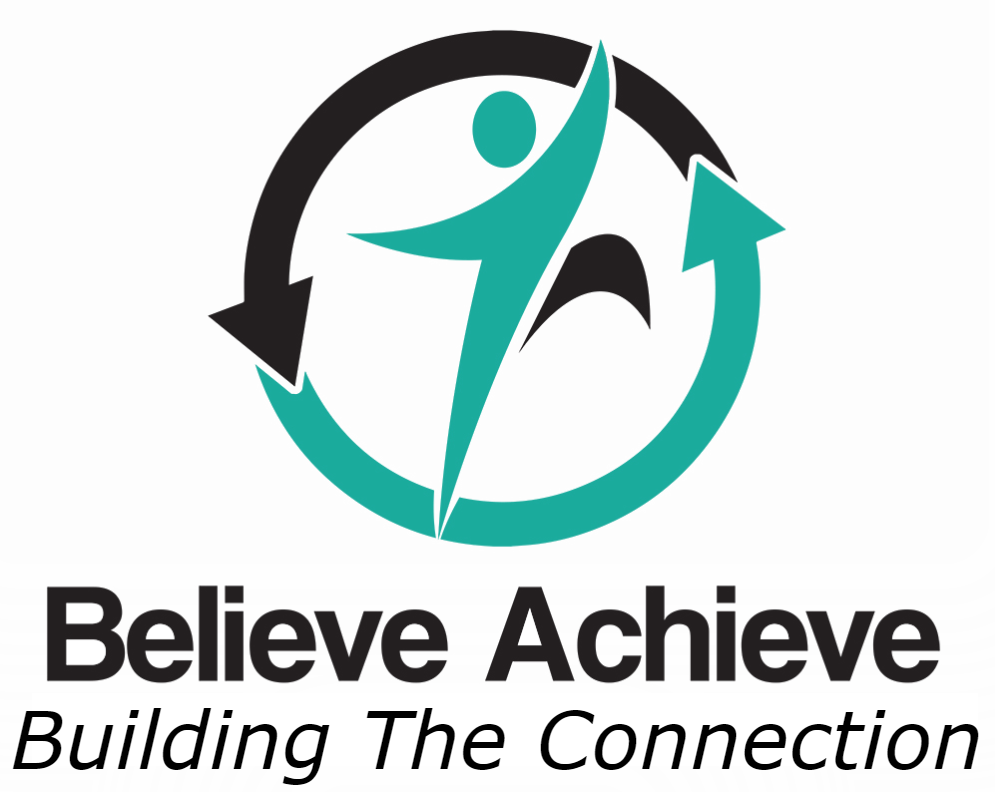Are you aware of your leadership profile? Are you a leader that has earned the trust and respect of others? If you are then you are to be congratulated. The truth is that having the title of leader does not mean that you are one. People may respect the role of leader but not you personally. They may have allegiance to the person at the helm of the organisation but have little faith in what they say.
Your leadership profile is about how you present. Its not about what you say as much as who you are. Its a judgement made by others and it goes deep into your beliefs and values. How you present on the outside is about what goes on unconsciously in your mind. People can read this through your actions and your words. if there is congruence between what they see and hear and what they feel they are likely to trust you and be open to you. Likewise if your leadership profile is incongruent then you present a threat and you are not to be trusted. This all happens at the unconscious level in both people.
Great leaders have a congruent leadership profile but to develop this would have been a long and sometimes tough ride. Research still confirms today that it takes about 10,000 hours of development to create a good leader. That’s about 5 years of full time effort. What conscious and planned development have you embarked on to be the best lead?
The business world today is a very different place then when you thinking about becoming a leader. Leadership used to be about knowledge, experience and clear strategic direction. It was about power, direction and a planned strategic path. Today there are no right answers. Your past experience and knowledge may not assist in resolving an issue. Leadership today is more about collaborating with others to find solutions that haven’t existed before, experimenting and taking calculated risks, being prepared to fail. Employees today expect to be developed, challenged and provide input. Leadership is less about power and presence and more about adapting and developing the team to deal with the changes.
Leader behaviours can limit their ability to perform effectively in times of high pressure and change. Our natural response is to revert back to what we know and how we acted before. They say that our true colours show under pressure. How do you react under pressure? Do you need to develop a better way to respond that is not impulsive? Below are a five ways for leaders to take on board and focus on in order to improve their leadership profile from the inside out.
1 – Take a look in the cupboard
Are you comfortable to trust others to work as well as you? Do you need perfection? Do you avoid conflict?
Knowing what is holding you back or making you act is imperative to becoming better. Deep beliefs and habits are enormously difficult to overcome but you must find ways to overcome these especially when they impact your effectiveness or that of others in your team. You cannot hold onto beliefs that cause frustration. I know of a manager who is well aware of the impact his need to be 110% perfect has on himself and others. Unfortunately he is not yet ready to change and so he will continue to work crazy hours and suffer high turnover in his team. When he speaks of his high need for perfection he seems proud to wear this badge. Crazy stuff
2 – What is your movie?
Have you ever suffered a brain fade, a blow up, or an out of character response? Do you sometimes wish you could just curl up in a ball and hide? Have you reached a point where you just want to give up? When we are highly stressed it is likely that our responses are going to be impulsive rather than considered. Our memories and our fears drive our behaviours. Its like watching a movie in our head and we know the ending before we’ve even got half way through.
Real or perceived threats cause the release cortisol and adrenaline which fires up our amygdala and our fight/ flight/ freeze/ appease reaction. We lose our ability to be rational and open to new ideas. Instead our negative self talk and our memories (always bad!!) take over.
A better response is to control our urge to trigger the amygdala through conscious awareness of what is going on. Through reflection of your emotions and feelings at various times of the day and during various situations you become aware of the signs and can put in place mitigating actions that stop the movie starting.
Great leaders suffer the same reactions as the rest of us. The difference is that they have learnt what their triggers are and have trained themselves to react in a certain way to ward off the impulsive response. They have learnt to breathe, to pause, and to seek to understand more, They also come into a situation as prepared as they can be. If they know that there is a chance the conversation is going to go bad, they prepare by thinking up effective responses before they have the conversation. All these actions can help you become more measured and relaxed in a tough situation. It takes awareness, insight and practice to change and become better. What would the impact be if you changed your responses?
3 – How’s your ego?
The ego gets a fair bit of bad press. Some of it is deserved. We have all had the experience of a leader with an ego the size of Mac Truck. You spend so much of your time stroking the ego becoming a servant to this master. If you don’t what your ego to get the better of you, you need to understand how you are perceived by others. Gaining honest feedback is the best way to assess how big your ego is and what impact it is having on you and others. You would not have gotten to where you are today without your ego so it does have a lot of benefit. The problem is when your ego becomes bigger than you.
What feedback is worthwhile? Finding out how you are perceived by your direct reports, your peers and your manager through skillful questioning. For example are you perceived as someone who takes the credit for other people’s work? Do you spend a lot of time in self promoting conversations? Are you someone who interrupts and takes over the conversation? Do you become sensitive to challenges to your opinions and seek to defend them?
An ego is a healthy part of us however you need to ensure that it isn’t turning you into a poor leader with a poor leadership profile. It is fine to enjoy the benefits of your role providing that you get a great sense of satisfaction from your achievements that better other people and the organisation. You can be proud of your achievements providing you are devoted to developing and recognising the efforts of others. If your ego is balanced with a passion for others you are worthy of recognition of your achievement.
4 – Learn and keep learning.
A few years back I spoke to the individual members of the leadership team at an organisation I once worked at. I was developing a leadership program and asked about their learning & development needs. To my surprise all these leaders felt that they had learnt all they needed to know about leadership and didn’t need any further opportunities to develop in this area. Unfortunately the people who worked for the company were very concerned about the disconnect between the leadership team and the realities in the organisation. They wanted the leaders to change and help the organisation progress and were frustrated by the reluctance to do so.
The rate of change in the business world is unprecedented. The levels of complexity will only continue to challenge even the brightest and most visionary. Leaders cannot accept that the learning and development that got them where they are today is going to enough to be effective into the future. Closing your mind and believing you know enough is the equivalent of closing your organisation down. Never stop learning.
5 – What is at your core?
What are your core values and how do you demonstrate these in your day to day work? Living and acting as close to your values is the best way to show up authentically in all situations. People are able to trust you because they understand the limits or boundaries of your operating style. Your ability to mentor others and create a vision rests on how deeply your hold your values. We all have heard that people are the organisations’ best asset. How many of us actually believe that this is the case where we work. If we don’t hold a core value about people being an asset then all you are doing is spruiking an empty saying and people quickly see through this. Your leadership profile will hold little substance.
Research has shown that people pass judgement on another person in less than 1 second. That is not a lot of time to speak so our judgments are based on other things that show up before we open our mouths. This is our profile and it is what we project for others to see and feel. When we are aware of our presence and its impact we can ensure that in that one second a person perceives us as a leader instead of a person who has a title of a leader. Which one are you?

